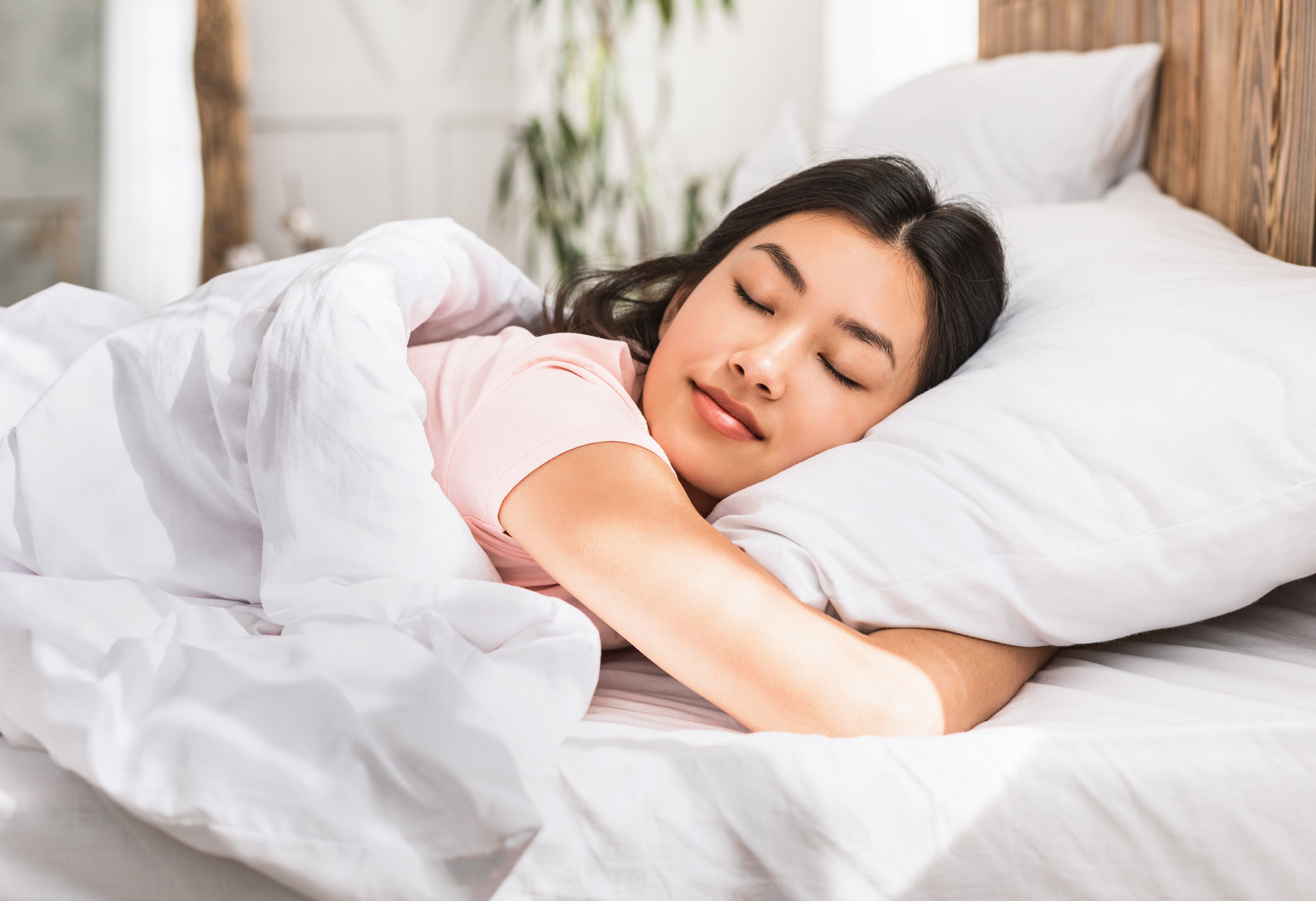Lights have been devoted to the vital function training and nutrition play in maximizing athletic ability. Yet, the value of a great night’s sleep has largely been disregarded. For years, discussions around sleep and exercise were focused on the theme that they were atypical bedfellows, with claims that exercising too near bedtime disrupts sleep. But with the recent addition of apps that music sleep styles and promote the fitness benefits of sound sleep, many coaches and athletes are listening to getting the needful forty winks. Add to that the propensity for athletes to partake in early morning exercises and nighttime competitions, and it’s clear that the lifestyle of an athlete doesn’t lend itself to wholesome sleep conduct.

Yet, increasing research indicates that athletic performance is improved when athletes prolong the time spent napping. An increasing number of sleep professionals are promoting the importance of teaching athletes proper sleep hygiene. The technology of sleep suggests that it’s one of the exceptional healing strategies available to difficult-running, physically depleted athletes. Considered treasured downtime, the body uses the hours spent in repose to restore and recharge overworked muscles, joints, gentle tissue, and energy systems. So valuable is the sleep that professionals advocate athletes get 9 to ten hours of close-eye a night time versus the seven to 9 hours endorsed for the general adult population.
Despite the significance of sleep, athletes frequently complain about insufficient sleep. Sometimes, the trouble is persistent, largely due to a way of life that needs early mornings and late nights, plenty of caffeine, and too much strain. Now and then, the trouble is situational because of jet lag, dozing in strange beds, eating unexpected ingredients, and pre-competition anxiety.
One has a look at reported that sixty-eight percent of athletes revel in poorer-than-ordinary sleep at night before the opposition, resulting in a median general sleep time of five hours, 51 minutes. Another showed that sixty-four percent of the 283 elite athletes slept worse than normal in the nighttime (s) before an important opposition, with 42 percent reporting a boom in daylight sleepiness after a negative night’s sleep. Much advice on clearing up quick- and lengthy-term sleep troubles stays primarily based on a fable. Even with a sturdy frame of technology offering steerage on the way to get an amazing night’s sleep, much of the advice on how to solve short- and long-term period sleep problems remains based totally on fable.
Still, even technological know-how has barriers in terms of sleep and athletic performance. A lack of actual-world simulations replicating the type of sleep challenges athletes come across and too few studies on the usage of athletes as subjects make it difficult to use all findings for an athletic population. Most athletes aren’t confronted with conditions wherein they stay up all night or spend 24 hours without sleep; each not unusual examines designs for investigating sleep deprivation. Instead, athletes are more likely to rack up sleep debt by losing an hour or of appropriate excellent sleep numerous, if not maximum, nights of the week. Or they suffer from an acute amount of sleep loss after spending the night tossing and turning before a huge race, game, or competition.
The research performed with athletes implies that the impact of too little sleep on overall performance varies substantially based on the kind of interest. Sleep is vital to peak overall performance for sports activities that call for substantial technical and tactical talent and excessive stages of awareness. Sleep deprivation has long been related to lapses in decision-making, attentiveness, and judgmental errors. Response time and agility are also negatively affected. Physiologically, continual loss of sleep results in decreased heart-fee healing after hard exercise, fade, cardiovascular range, and a heightened level of perceived exertion. Athletes missing sleep workouts to fatigue quicker than well-rested athletes.
Yet despite most of these side outcomes, a few sports have been verified to be unaffected by brief-term sleep debt. Studies evaluating the performance of nicely-rested athletes versus those lacking sleep have validated no reduction in performance during brief bouts of excessive-intensity exercise like weightlifting and sprinting.
So, how do athletes fight back against a schedule that promotes sleep debt? First, coaches and athletes must place concern on sleep. Where viable, scheduling changes have to be made, even supposing it allows for simply an additional hour of shut-eye at night. Dozing at some point during the sunlight hours need not be recommended; it must be part of a proper training application. So, too, should schooling on exact sleep hygiene, which has been proven to result in extra time spent sleeping and improvements in overall athletic performance.
What sorts of conduct sell better sleep? Athletes who usually compete or train during the nighttime should set up a publish-opposition routine that permits a mild advent to sleep. Keeping an everyday bedtime and heading off era enables. So does a fab, dark, and quiet location to sleep, with an eye mask and earplugs to help clear out noise and light if vital.








